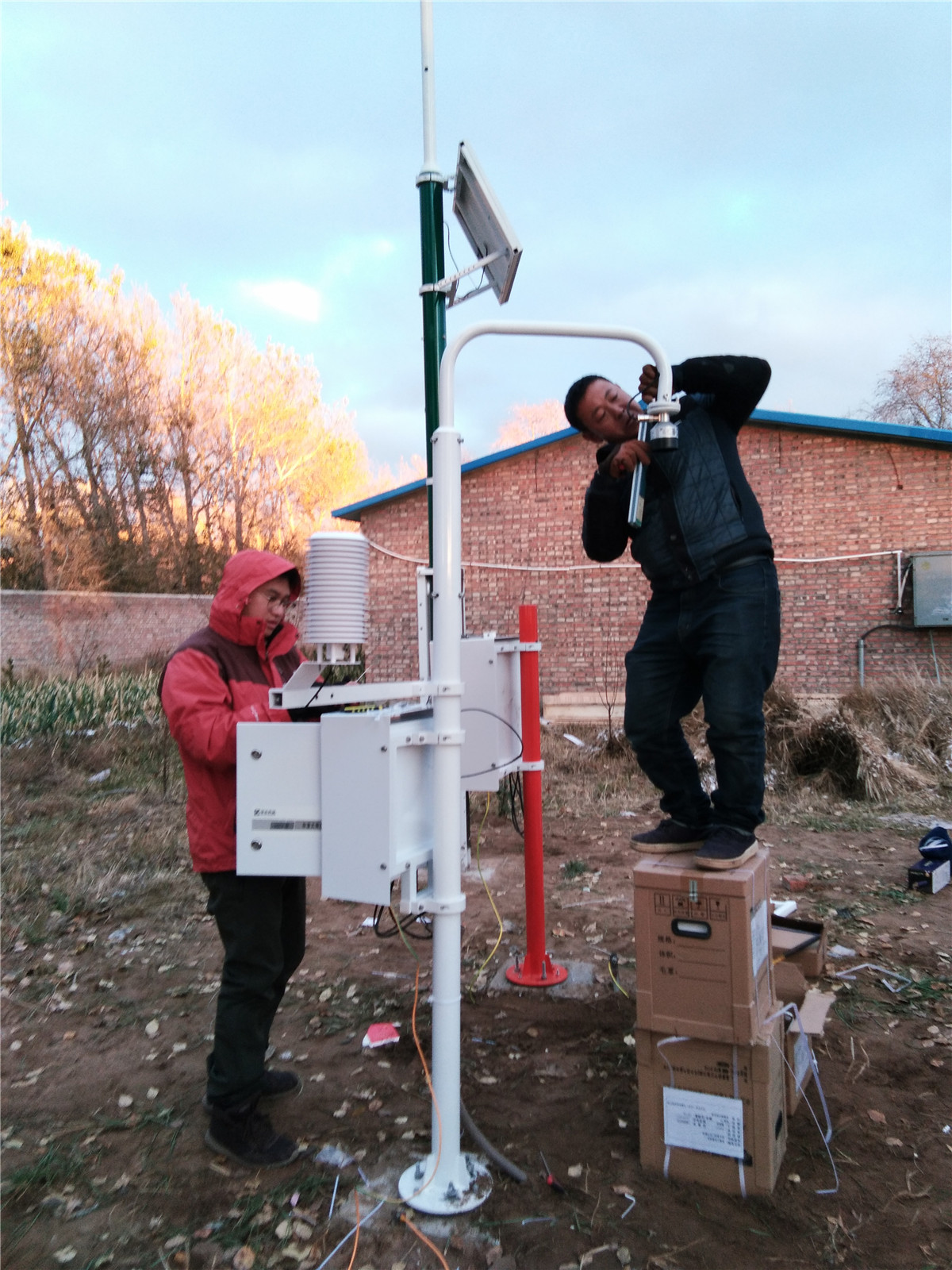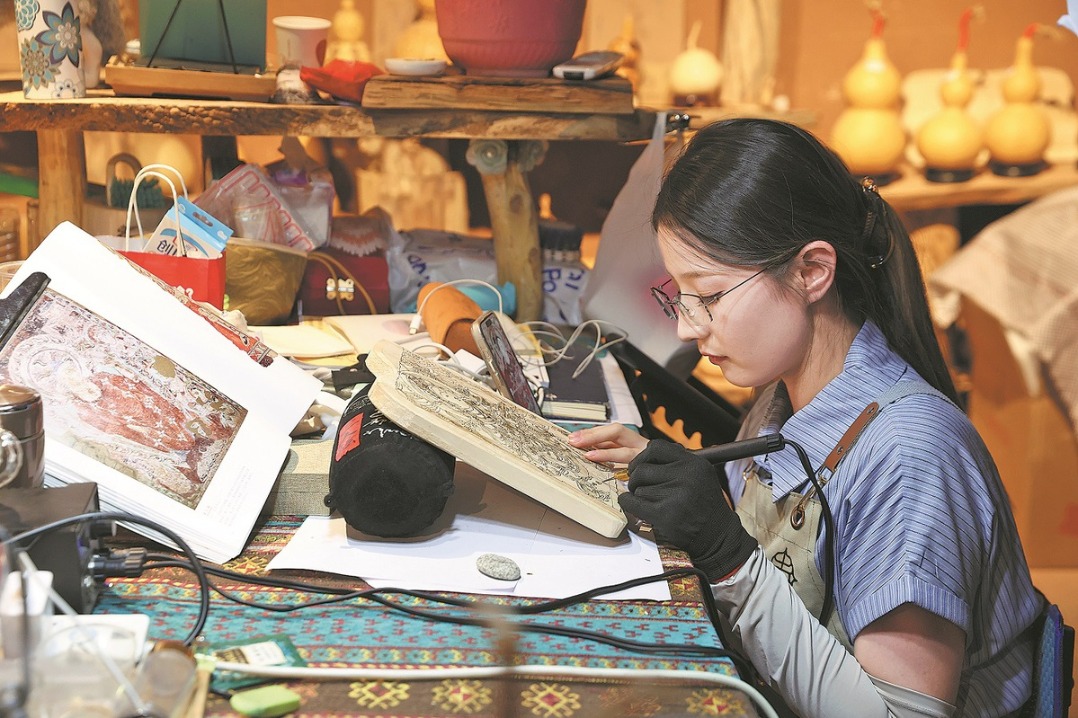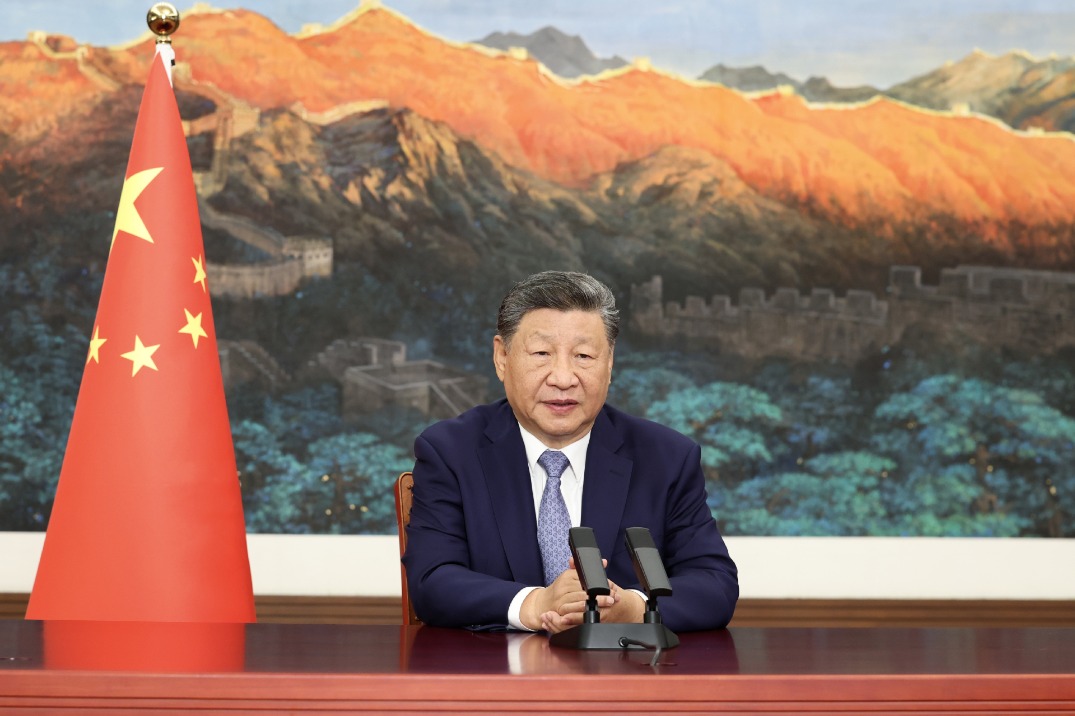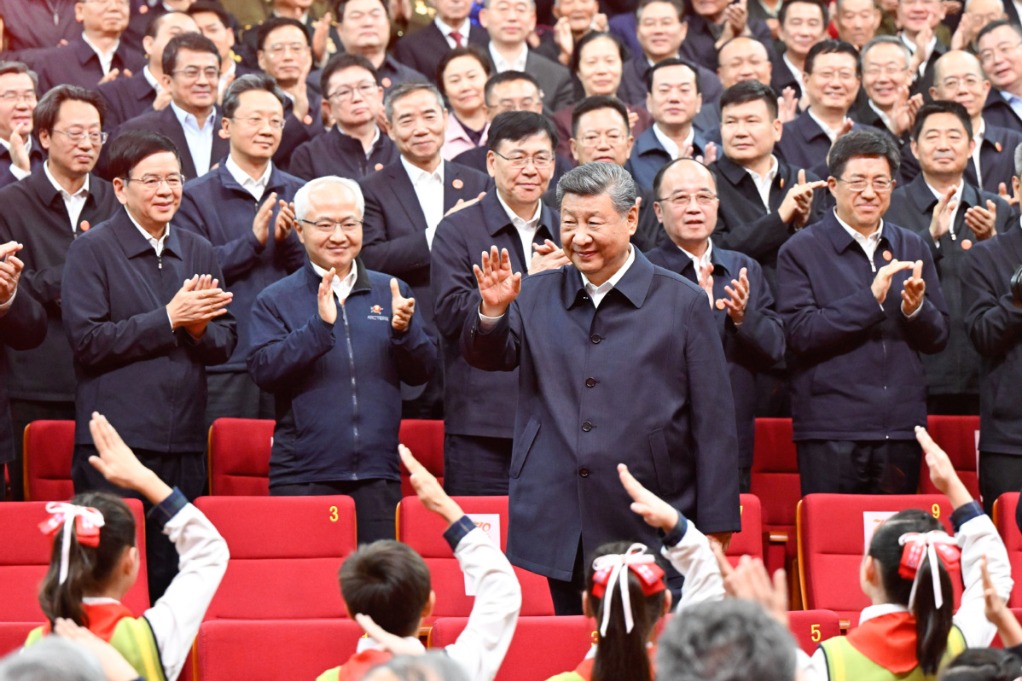Weather forecasters aim for smooth run at Winter Olympics


Briefings
After the daily assessment work has been concluded, the forecasters will attend meetings to brief the coaches of foreign sports teams in English, which will also be a new experience for them.
Having worked at the FIS Freestyle Ski Aerials World Cup in 2017, Li, the forecaster from Shijiazhuang, has more experience of these meetings than his colleagues.
"Then, I felt quite nervous about answering questions because of my poor spoken English at the time," he said, adding that the briefings will be the most difficult aspect of the team's work this time around. He and his colleagues will endeavor to deepen mutual trust and convince the coaches of the accuracy of the forecasts.
"One coach (in 2017) questioned me about whether our forecast was correct and accurate, but always used a joking tone. I quickly realized that although it was important to practice English, it was more important to provide accurate reports. Language is just a tool," Li said.
In January, he was excited to receive a compliment from a foreign supervisor of a ski run. "At the beginning, some coaches would only use their own country's apps, such as Snow-Forecast. Now, they choose our prediction product, which illustrates their trust and confidence in us," he said.
Voice of experience
The Zhangjiakou weather team is scheduled to meet with forecasters from Pyeongchang, South Korea, which hosted the 2018 Winter Games. The Korean forecasters will pass on their experience of working at the event.
"Pyeongchang did a good job of forecasting the weather at their Winter Olympics. Their forecasters have even published a book about their work. We need to learn from Pyeongchang to improve our efforts," Li said.
He noted that his team's goal is to update forecasts every few minutes, adding that its work will not only prove useful to the Olympic athletes, but also to people across large parts of China.
"Plateaus account for about half of China's land, and those places lack accurate forecasting teams and technology. After gaining experience of forecasting for complex terrains, we will be able to provide people in mountainous areas with better basic weather services in the future," he said.
























